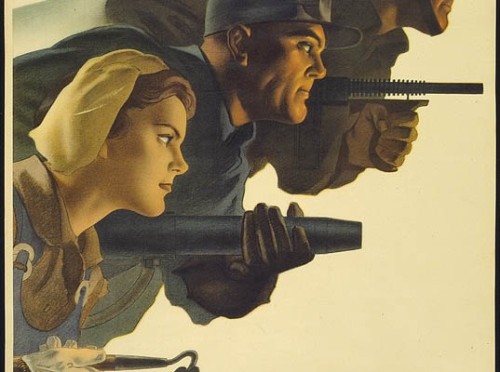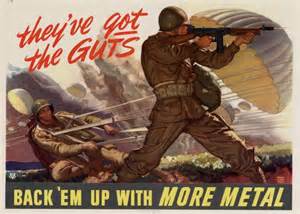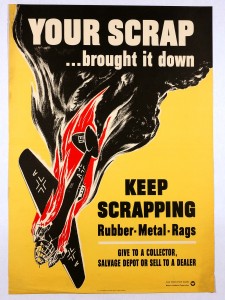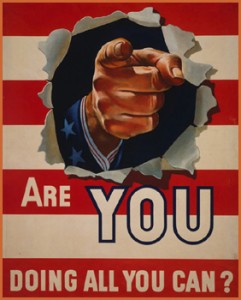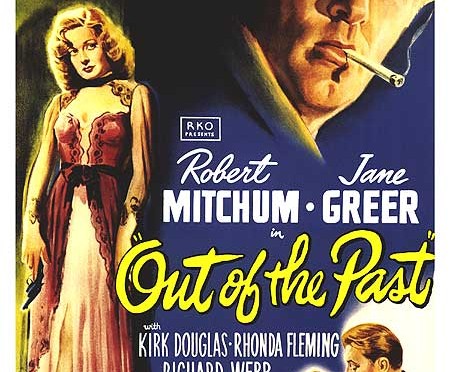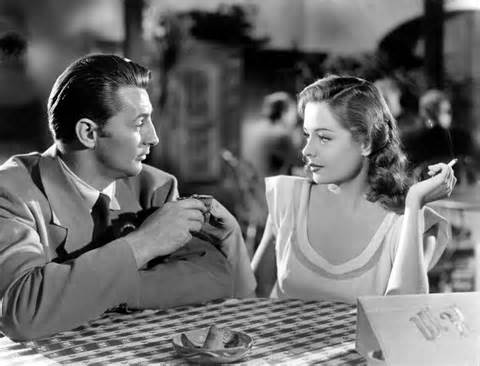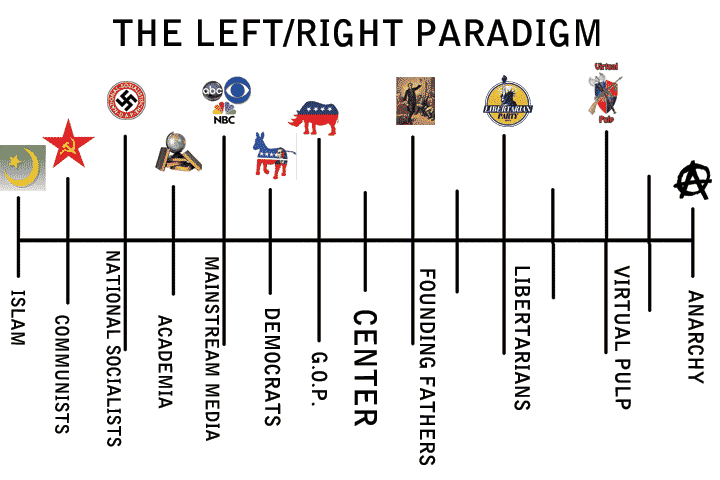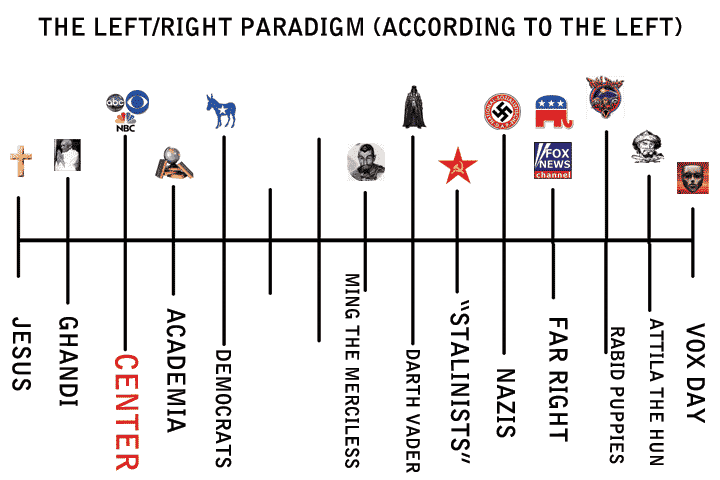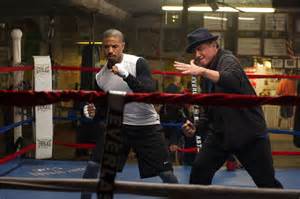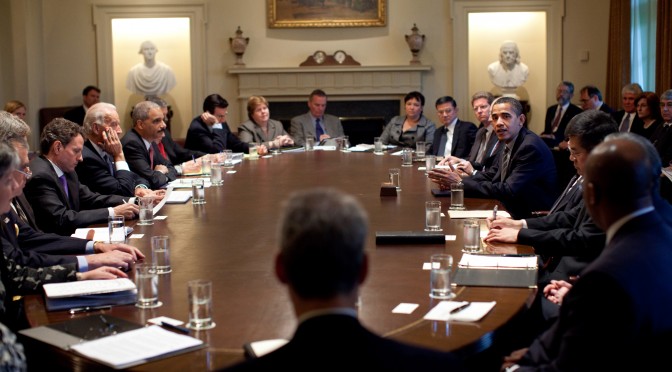Troy Abdul Obaid Akbar wanted to be somewhere else.
Why did he…or anyone, for that matter…have to hang around in the White House Situation Room listening to boring reports about some attack on a CIA safe house in North Africa?
He was sick of hearing generals and admirals whine about the ambassador trapped inside, and the two or three fools trying to hold off the valiant army of Arab Spring holy warriors laying siege. They would hopefully hurry up and die soon. Akbar and his staff might as well all go do something fun.
The dumbass ambassador had it coming—he got caught brokering secret arms deals. Akbar himself had instructed the ambassador to broker the deals, but it was still the ambassador’s fault. Or maybe it was the Agency’s fault; or the previous administration’s fault. Whatever—it was somebody else’s fault besides Akbar, anyway.
In a rush of decisive leadership, Akbar snuck out of the Situation Room and stole down the hallway to his own private screening chamber, before one more imperialist warmonger infidel came up to him with offers including elite forces standing by to rescue the besieged embassy staff.
Akbar made it into the screening room, locked the door behind him, turned on the popcorn popper and cued up his favorite drone snuff video.
He was just starting to relax when someone banged on the door.
“Troy? I know you’re in there!”
He shivered at the sound of that voice. His popcorn feast froze in mid-chew.
“Troy Abdul Obaid, open this door at once!”
Akbar silently cursed, holding his breath and remaining very still. Maybe if he didn’t respond or make any other noise, she would just go away.
“Don’t make me call your wife!”
He cringed. Then he heard the jangle of keys outside and knew the jig was up.
The lock clicked; the door swung open; and there stood Vendetta Jones, flanked by two Secret Service bodyguards.
“What do you think you’re doing?” Vendetta demanded. “You’re the President of the United States! You can’t just sneak away like that.”
Akbar took a moment to find his voice. It sucked not having a teleprompter when you were an inspiring orator like him. “C’mon, Vendetta: I’ve been listening to all that ’emergency this’ and ‘urgent that’ crap for hours, now. I’ve got an important trip to Vegas tomorrow. Can’t I just relax for a while?”
Vendetta noticed the drone footage on the screen. “Oh, Lenin’s ghost! This video again? You’ve seen it eight times already.”
Akbar threw his hands up. “But I’m never given the chance to actually enjoy it! Am I?”
A strand of dark hair fell out of place from Vendetta’s pixie hairdo and she blew it out of her face in exasperation. “Look, you’ve got a press conference scheduled in a little while; and the real press conference just before that. I’ve got to get you ready for that after you put in your time in the Situation Room.”
“No,” he said, decisively. “I won’t do it. I’m going to sit in here and watch this video, and finish my popcorn. I’m not going back into that boring room and taking any more calls from generals or admirals with requests to launch rescue missions. In fact, I don’t want to see another uniformed person all day, unless it rains and I need the Marine Corpse to hold my umbrella!”
Vendetta Jones marched over to where Akbar sat on the divan, grabbed him by one of his prominent ears, and twisted.
Akbar yelped and half-chewed popcorn sprayed from his mouth.
“You listen to me, you little worm!” she hissed. “You are not going to embarrass me again!”
He tried to slap her with both hands but his wild swings missed. He tried to scratch her face but she moved her head out of the way. He tried to grab her by the hair and yank it, but it was too short. Then he thought of twisting his own head to bite her on the arm, but she tweaked harder on his ear and brought him to his feet.
“Quit acting like you’re still in Chicago,” she commanded.
On the screen the image went black.
“You made me miss the best part,” Troy Abdul Obaid Akbar complained, as she marched him out of the room by the ear.
***
When Akbar entered the private conference room down the hall from the Oval Office, it was with all the swag and dignity expected of a man in his position. Vendetta Jones followed him inside.
They had kept Chase O’Buffer waiting for a while. As soon as they entered, the CEO of the International Broadcast Service (IBS) shot to his feet and bowed a greeting.
“I’m so pleased you could take the time to meet with me, Mr. President.”
“Yes,” Akbar said, simply, as he took a seat in a throne-like padded chair.
Vendetta sat to Akbar’s right on a smaller chair. O’Buffer sank to his knees in front of Akbar and began removing the Presidential Shoes.
“How is everything?” O’Buffer asked.
“They’d be a lot better if you did your job right,” Akbar said.
“But sir,” O’Buffer protested, “we’re doing everything we can…”
“My approval ratings are a disgrace!” Akbar interrupted. “If it weren’t for illegal aliens, serial voters in swing states, United Nations election supervisors, and the Black Panthers, the outcome of the upcoming election would be in doubt!”
O’Buffer sheepishly peeled off the Presidential Socks. “It’s those damned armchair bloggers, Mr. President. Now they’ve leaked the information about your application as a foreign student, and your Social Security Number belonging to some dead guy in a state you never lived in.”
“Racists!” Akbar declared. “They’re all racists.”
“Of course they are, Mr. President” O’Buffer agreed. As the Presidential Feet were bared, O’Buffer breathed deeply the rich, intoxicating aroma and bolstered his courage. “And we’re doing everything we can to make that known.”
Akbar leveled his index finger at the media magnate and fixed him with a stare of raw, righteous outrage. “I paid millions to seal up my records and you swore right along with the others that you would prevent this kind of snooping. You know—right after my speech about what a transparent administration this would be.”
O’Buffer reverently took the Presidential Toes in both hands and began the foot rub, giving it just how His Leader liked it. “Yes, yes. I remember. How can I make this up to you, Mr. President?”
“Well,” Akbar said, “the fringe lunatics are still whining about my long-form birth certificate.”
O’Buffer grinned with relief, pleased that he could redeem himself in a tangible way. “I have a whole stable of image editing experts. We’ll put something together for you. You can put it right on your website.” He cast a furtive glance up at His Leader’s face.
“What is it?” Akbar snapped.
“Um, well Mr. President, there’s also a buzz about those murders committed with assault weapons given to the Mexican drug cartels. Any reasonable person knows it’s a small price to pay for the greater good…but a few people wonder what decisive action you’re going to take.”
Akbar yawned. “I’m way ahead of you, boy. I’ve already invited the President of Mexico to come lecture Congress about gun violence.”
Vendetta cleared her throat. “I hate to rush this, but we do have a few more meetings before the public press conference.”
O’Buffer sped up the motions of his fingers, now massaging between Akbar’s toes. “Oh, sure. Almost done.”
Vendetta handed him a manila folder with a couple pages inside. “No, you are done. Here’s a list of the questions your reporters are allowed to ask.”
O’Buffer halted the foot rub abruptly to take the folder. He climbed to his feet, morose that his kneading efforts had failed to please His Leader. “You know I’m here for you any time, right?”
Vendetta shooed him out and escorted the next CEO in—this one from United Broadcast Service (UBS). His foot rub was a little more skilled. And he promised to create a website called “Totally Non-Partisan Urban Legend Debunker dot org” to counterattack the forces of hate trying to expose scandalize Akbar’s record and qualifications.
After IBS and UBS came Neutral Broadcast Service (NBS); Associated Broadcast Service (ABS) ; Equality Broadcast Service (EBS); Global Village Broadcast Service (GVBS); Socially Responsible Broadcast Service (SRBS); Common Cause Broadcast Service (CCBS); Lock Step Broadcast Service (LSBS)…no getting around it: there was way too much BS to keep track of in mass media.
At least Jacob Hornswoggler had performed his foot rubbing duties earlier in the week. He was Akbar’s favorite and most trusted, as well as newly appointed Media Czar over all the variations of BS.
Still, Akbar didn’t know how much more of this strenuous brinkmanship he could take. And his voice was hoarse from issuing the news corporations’ marching orders. President of the United States was the most taxing job he’d held in his life.
Well, it was the only job he’d held in his life, but still…
No lesser man could handle all this sub-par foot-rubbing. He needed a break. It had been almost a month since the taxpayers had ponied up the cash for another multi-million dollar vacation, so they owed him. He would rectify that very soon.
His mood darkened when he realized the First Lady would probably want to come along, too, with at least 20 of her personal assistants. He would much rather go with just his own entourage—especially his handsome, buff personal trainer. The guy still hadn’t taught him how to throw a baseball, but excelled in other physical endeavors.
After all the foot-rubbing, it was time for the press conference that took place with cameras rolling. His PR team had his answers cued on the teleprompter so the world would know he was the smartest, most scholarly political thinker in all 57 states. Many questions were about the hurricane heading toward the east coast.
“There’s going to be a lot of wind,” he prophesied, solemnly, “and a lot of water.”
Reporters all over the room felt a tingle up their legs, overwhelmed by their president’s clairvoyance and inspiring leadership. Once the briefing was over most of them swooned in place or ran off to masturbate.
Afterwards, Akbar still wasn’t able to sneak off and enjoy his drone snuff films the way he really wanted to. Oh, those pesky reports kept coming in about those crybabies besieged in North Africa, whining for help, distracting him from last minute plan changes for his important Vegas trip.
But that wasn’t the worst. Vendetta ordered him to her office with a grave tone of voice and ominous expression. That could only mean a severe emergency.
Inside Vendetta’s office were other VIPs who usually only appeared together in public when there was an emergency. Flanking her were Jacob Hornswoggler, Chester Snaykoil, Elsa Von Branefuq, Doctor Seikobabel, Chairman Schmuckafeller and General Blunderbuss. Collectively, this group was unofficially known as the Council of Czars.
If an outside observer were to see this group meet inside, well, technically they’d no longer be an outside observer. But for the sake of argument, if these insiders were to meet outside, the theoretical outside observer might imagine some kind of conspiracy.
(Of course the very idea of conspiracy was so ridiculous that only members of the vast right-wing conspiracy entertained such farfetched notions.)
This was no conspiracy, but merely a clandestine agreement to covertly implement secret plans that would affect those who were outside the inner circle and ignorant of its agenda.
Akbar stood before Vendetta’s desk, hoping she would offer to let him sit. She didn’t.
“There’s another crisis,” she intoned. “I’m afraid they’re getting out of hand.”
He brightened, heart soaring. “Is it finally time to suspend the Constitution altogether?”
“Not yet,” Vendetta Jones said.
Akbar deflated. This day had been a disaster so far, and he was desperate for something to cheer him up.
“We may never have to resort to something so ham-fisted as that,” Chairman Schmuckafeller said.
“As I was saying,” Ms. Jones continued, “we have a real situation here. There’s an epidemic of sorts breaking out, and it requires radical, decisive action.”
“Listen to this,” General Blunderbuss said. “We intercepted it from a private interview by a rogue media outlet.” Blunderbuss tapped his tablet to play the clip.
“If the creator of the universe defines what marriage is,” said the voice on the audio clip, “then who are we, as created beings, to tell him he’s wrong?”
With a grim face, Vendetta said, “I think that speaks for itself. But what you should know is that these words were spoken by a business owner with a restaurant chain.”
The individuals let that sink in. It was bad enough that a religious right fanatic was allowed to run a business. Even worse that the business made a profit (without contributing appropriate amounts to the Democratic Party). Now he had the audacity to flagrantly commit his thought crime hate crime out in the open.
“I’ll make a call to my people in Chicago,” Akbar said, with an eruption of decisive leadership. “We’ll pull his building permits, for starters.”
“Stand down, Mr. President,” Vendetta Jones said. “That might get some of the wingnuts out there whining about the Bill of Rights or some such nonsense.”
“This can’t be a frontal assault,” growled General Blunderbuss. “It calls for a more covert solution.”
“But there’s more,” Hornswoggler said, gravely. “As Ms. Jones said, it’s an epidemic. A star on a nationally televised TV show…nationally televised…admitted off-camera that he believes marriage is strictly one man and one woman.”
A collective gasp sounded in the room, but Hornswoggler went on. “And thanks only to the proactive investigative work by the IRS to root out potential enemies of the State, we found out the CEO of a prominent web browser provider once contributed $1,000 to a traditional marriage initiative.”
Those in the room trembled with righteous rage. This was the worst atrocity since Auschwitz.
Finally, Vendetta Jones spoke up to provide perspective. “Ladies and gentlemen, this is but one front in a growing war. We’ve got non-Muslims clinging to their guns and religion. We’ve got crackpots in flyover country trying to make it illegal to be an illegal alien. We’ve got greedy ranchers running their cattle roughshod over land we’re trying to give to China for a solar farm…er, I mean the habitat of an endangered desert turtle…and that’s just the tip of the iceberg. Desperate times call for desperate measures. General Blunderbuss?”
“Let me put this in civilian terms,” the general said, the smoke from his fat cigar wafting up past his eye patch. “What we need is an all-star team to take the fight to the enemy. Hand-picked agents with very specialized and complimentary skill sets. This is a Tier One program we’re calling…”
General Blunderbuss paused for dramatic effect. Or maybe he sucked cigar smoke down the wrong pipe and was silently choking. In any case, the suspense was dramatic.
“…Operation ‘For the Greater Good’.”
This was Chapter 4 from The Greater Good.
Chapter 1
Chapter 2
Chapter 3
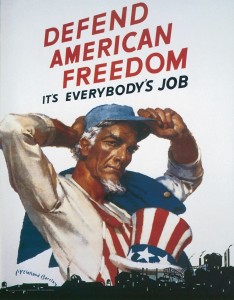 ts have blitzed right through battlefields of opinion and ideas unopposed–like the Red Army rolling through eastern Poland in 1939–so that their monopoly on the flow of information, including creative expression, was ironclad.
ts have blitzed right through battlefields of opinion and ideas unopposed–like the Red Army rolling through eastern Poland in 1939–so that their monopoly on the flow of information, including creative expression, was ironclad.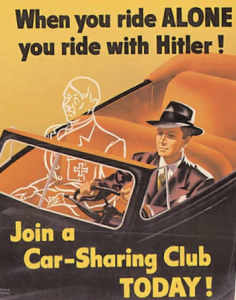 In fact, #gamergate showed the world that the SJWs, feminists and Marxists (cultural and otherwise) are not only vulnerable, they’ve become arrogant from never being challenged for so long, and prove to be weak, inept cowards when confronted by a smart, determined opposition. They are beatable. Very much so.
In fact, #gamergate showed the world that the SJWs, feminists and Marxists (cultural and otherwise) are not only vulnerable, they’ve become arrogant from never being challenged for so long, and prove to be weak, inept cowards when confronted by a smart, determined opposition. They are beatable. Very much so.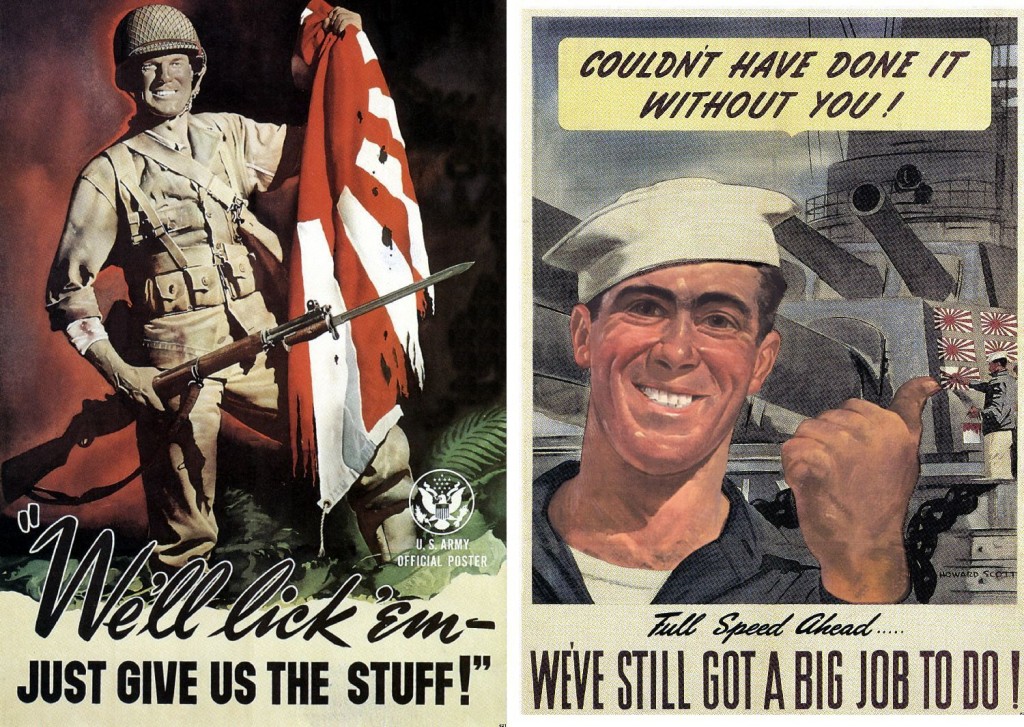
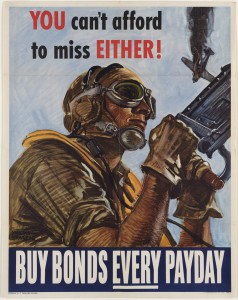 But by whatever arrangement of circumstances, he told a great story.
But by whatever arrangement of circumstances, he told a great story.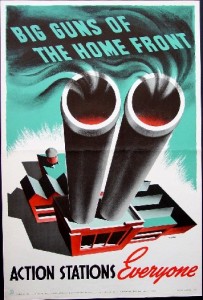 about their political biases, but left-wingers pretend to be impartial centrists and throw a fit when you call them out on their biases? Hmm…there’s at least one blog post in that curious state of things.)
about their political biases, but left-wingers pretend to be impartial centrists and throw a fit when you call them out on their biases? Hmm…there’s at least one blog post in that curious state of things.)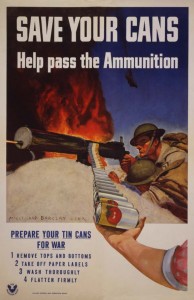 out on until now.
out on until now.

